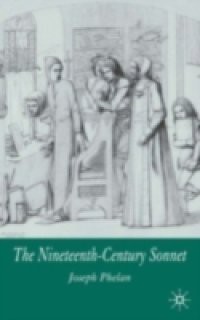Nineteenth-century poets found in the fourteen lines of the sonnet a versatile and endlessly fascinating poetic resource. For Wordsworth it was a uniquely intimate and confessional medium, the 'key' with which Shakespeare unlocked his heart; for Dante Gabriel Rossetti it was a 'monument' on which the most important moments of existence could be inscribed. This study traces the history of the form through the work of a range of nineteenth-century writers, from established figures like Wordsworth, Elizabeth Barrett Browning, Christina Rossetti and Gerard Manley Hopkins to less well-known poets like Felicia Hemans, Theodore Watts-Dunton and Augusta Webster, and attempts to suggest some of the reasons for its enduring appeal.

